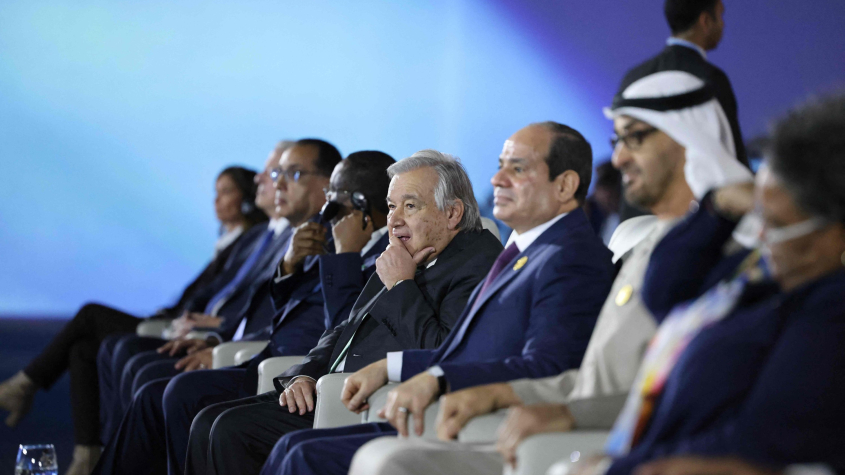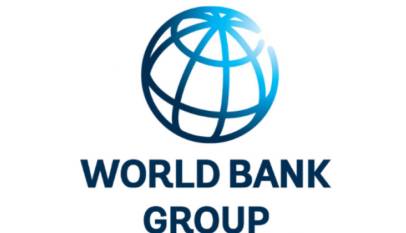OP-ED | How not to talk with Africa about climate change, By Muhammadu Buhari
Part of my nation is underwater. Seasonal flooding is normal in Nigeria, but not like this. Thirty-four of the country’s 36 states have been affected. More than 1.4 million people have been displaced.

Together with drought-driven famine in the Horn of Africa, cascading wildfires across the North and wave upon wave of intensifying cyclones in the South, climate disasters in Africa form the backdrop to this year’s U.N. Climate Change Conference (known as COP27) in Egypt.
Many of my peers are frustrated with Western hypocrisy and its inability to take responsibility. Governments have repeatedly failed to meet their commitments to the $100 billion fund for climate adaptation and mitigation in the developing world — for the mess their own industries caused. According to the United Nations, Africa is the continent worst affected by climate change despite contributing the least to it. Even though the COP27’s agenda notes the need for compensation for loss and damages (as distinct from adaptation and mitigation funding), that demand has mostly been met with silence in the West.
Amid this simmering acrimony, I offer a few words of advice to Western negotiators at this year’s COP27. They should help the West avoid exacerbating what the U.N. secretary general has called “a climate of mistrust” enveloping our world. Some of the global south’s demands seem obvious. But experience of the recent past suggests they need to be reiterated.
First, rich countries should direct a greater share of funding to developing nations’ adaptation to the effects of climate change. Most financing currently flows toward mitigation projects, such as renewable energy projects, that reduce emissions. While such projects have their uses, far more money needs to go to helping Africa adapt to the effects of climate change — which seems only fair for a continent that produces less than 3 percent of global emissions.
Africa urgently needs investment in adaptation infrastructure — such as flood prevention systems — to stave off the disasters that destroy communities and cripple economies.
Second, don’t tell Africans they can’t use their own resources. If Africa were to use all its known reserves of natural gas — the cleanest transitional fossil fuel — its share of global emissions would rise from a mere 3 percent to 3.5 percent.

















